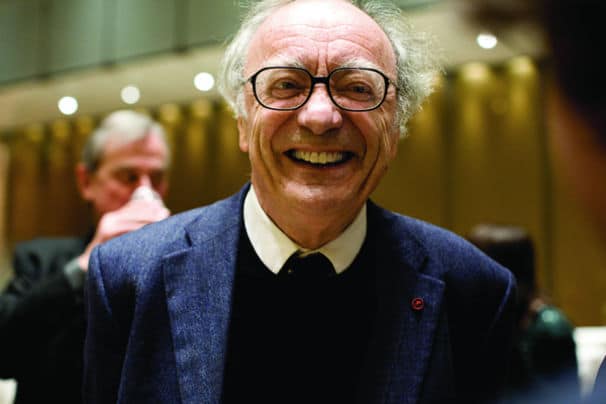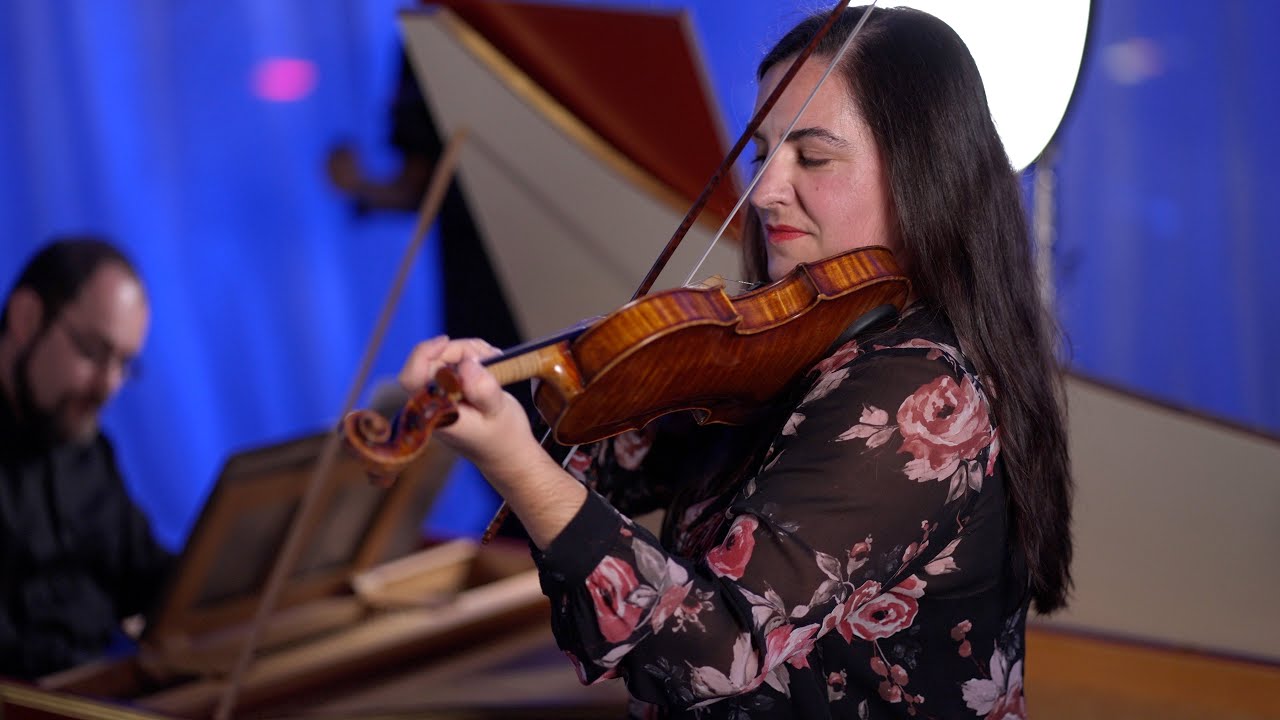Is the Met’s auditor altogether neutral?
main
This (2nd right) is Eugene Keilin, the auditor who is studying the books of the Metropolitan Opera with a view to giving the mediator a workable solution to put to both sides. Mr Keilin has been described as an independent auditor.
Mr Keilin is a long-time donor to the Met. He also has a long history with the CBC (Citizens Budget Commission), a NYC political elite. He was chairman of the CBC from 1999 to 2002 and remains one of its honorary chairs.
During his time as CBC chairman, Diana Fortuna was president of the organisation. Ms Fortuna left the CBC in 2008 to become chief financial officer of the Metropolitan Opera. She remains it CFO to this day.
Her signature is on all the tax forms. Ms Fortuna is responsible along with Peter Gelb for the Met’s financial predicament. Her past professional involvement with the auditor, and his with the Metropolitan Opera, raise some interesting questions about the extent of his even-handedness.





If the house goes dark for a month or more, will subscribers be entitled to a refund of their full subscription? Would seem fair.
The second I read he is a donor is when the impartiality light bulb went on. Now this additional entanglement raises further questions about conflict of interest and maybe even ethics.
It could make him actually tougher on the Met, but in any case remember that his role is just to get at the real numbers, not to moderate. I wouldn’t worry.
If his impartiality is in question, why did the unions accept him?
We may never know the real numbers. There is a disturbing story about those books.
The question is not whether the auditor is impartial but whether the books have been ‘modified’.
I refer you to my last comment.
Mr. Lebrecht, would you prefer an auditor who has no interest in or commitment to opera or to the Met, rather than someone who has shown (by donation) that he shares a love for the art? I don’t see why his contributions to the company would make him any less impartial in this new role. As for his having had a connection to someone who now works at the Met in the financial realm, it’s a remarkably small world and I’d be surprised if anyone with the skills and experience to conduct this kind of audit on short notice didn’t have some kind of connection with someone associated with the Met.
I know Peter Gelb (slightly) from his days with the Boston Symphony, and your repeated animus toward him seems extreme and unwarranted. The Met has made a number of fine changes in his time—including especially the broadening of it’s reach through the HD series, commissioning many new productions from interesting directors (not all of which, in the nature of experiments, have been fully successful), and luring many fine conductors to the Met’s podium—for which he can be commended. The proposals by the musicians’ unions to fix the company’s budget problems seem to be driven by wishful thinking (like “put on more operas that attract a larger audience”) rather than realism.
Gelb looks at members of the MET Orchestra as widgets that can be replaced, not the world class ensemble that the sum of its parts make. .
The unions came up with proposals to cut 20 to 30 million dollars, BACKED with numbers to show how to do it. The proposals were turned down outright by management, with no discussion permitted.
“The Met has made a number of fine changes in his time—including especially the broadening of it’s reach through the HD series, commissioning many new productions from interesting directors (not all of which, in the nature of experiments, have been fully successful) . . .”
Ah! But the problem is that the HD series, whilst generating some small additional income for the Met with considerable extra expense, is not generating additional ticket sales for performances in the House itself. Besides it has not, contrary to Gelb’s predictions on his appointment, brought in a new, younger audience. He himself has stated the average age of the HD relay audience is over 65!
And when you look at his new productions, audiences for their revivals fall off very considerably. I’m not suggesting this is all Gel’s fault as it seems this was a pattern also under Volpe’s administration. But taking his new productions and their revivals as a whole, they have singularly failed – as with the HD relay audiences – to bring in the new, younger audiences he professed to the world they would. WIth respect, I don’t call replacing a perfectly serviceable “Don Giovanni” with a new “more relevant” production when it can only generate 84% of total box office revenue on its first outing and a horrendously low 58% when revived! What will sales revenues be like when it returns yet again in the 2014/15 season, I hate to think!
Experiments in a non-profit organisation with an annual budget of over $320 million are perfectly acceptable provided all the risk/reward factors have been analysed in great detail. How, though, could Ms Sills and her then Met Board members pass the organisation over to a man with no experience in running any opera company, let alone one with over 3,200 employees, almost no experience in choosing repertoire and planning a season for a House with around 24 productions each year, in appointing international directors and designers, in seeing through production processes and, most importantly, in controlling their costs in a business well known for cost-overruns. For whatever reason, that Board appointed him. The present Board is having to pick up the pieces.
Edie, no they didn’t. The bulk of the Union’s numbers were a mystical “might increase by this much, if we’re lucky” sum, which, without solid backup, could have been any number they chose to make it in their submission. it’s designed as a headline-grabbing figure, nothing more. If it was that simple to make a quick increase of $30m, I rather imagine Gelb and co. would have done it some time ago.
That “mystical sum” is actually not so mystical. If you check out the last page of Local 802’s Document (under “Cost Savings Proposal”), you’ll see that there is extensive methodology explaining each individual proposal. Moreover, the MET Orchestra Musicians state the sources of their numbers, whether from IRS 990s forms, the Met’s public consolidated financial statements, box office data provided by the Met, or other financial data released by the Met during the course of negotiation. The Met Musicians aren’t just trying to pull a fast one for public flare and attention. Rather, they want to avoid a lockout at all costs and are working with the numbers provided in order try to find solutions that wouldn’t be catastrophic for the future of the MET’s artistry. In turn, the management doesn’t seem open to investigating these possibilities in negotiations and has provided little-to-no substantive figures or data to support its own proposals.
In particular, Elise, I mean the $11m or so “from increased ticket sales”. We can all make that budget projection, but it’s rarely grounded solidly. If a third of the proposed figure comes from something as vague as that, it’s not a great start.
Cutting “overtime operas” doesn’t strike me as the best way to go about programming operas that folks want to see, either.
I need to spend more time with that document you cite, but it does seem to have a few interesting observations. I’m confused at how it claims a MET orchestral player is only really paid $37-$44 / hr, which for the salary would mean they work around 3,250 hours a year, something I find rather unlikely. It also seems to make a claim of how many seats Gelb has lost and use current face-value ticket prices to claim the size of the loss, whilst simultaneously saying that their proposal is to lower ticket prices to sell more – so that ‘loss’ figure would be rather less at the new face value they think tickets ‘should’ be at.
If the Unions and Gelb et al were all happy to accept the same person, then so be it. That’s their call and we have no say in it.
(This feels like a pre-emptive “if he agrees with the musicians then he’s clearly neutral and correct, so Gelb must go; but if he agrees with Gelb then he’s clearly biased – look, he once worked with someone on one side! – and should be replaced until we get the answer we want”.)
Wow is all i can say. I wouldn’t be surprised if they disclosed his donor status to the unions and they were ok with it, but this connection with the CFO is really questionable. I think it goes beyond being a ‘small world’ of people connected in finance. The CBC isn’t a large organization and its not like he worked at Goldman Sachs when Diana Fortuna worked at Goldman Sachs- this is a direct relationship with the person, without a doubt. How has the NYTimes or WSJ not picked this up? Good research Norman- now if only our NY papers would do the same.
You people who know so much actually know nothing at all. Let’s stop the speculation and let the people involved do their job. Norman, you’re a fear monger and are doing much to stir up the masses. Quit it.